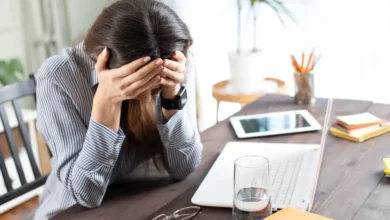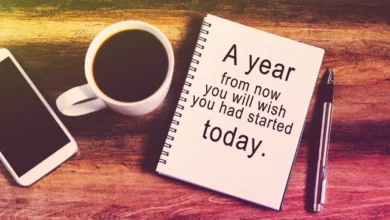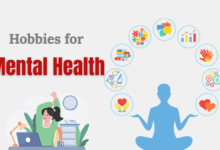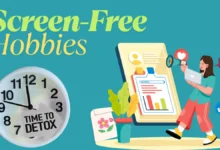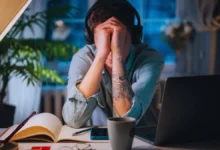Social Media Anxiety: 7 Ways to Protect Your Mental Health
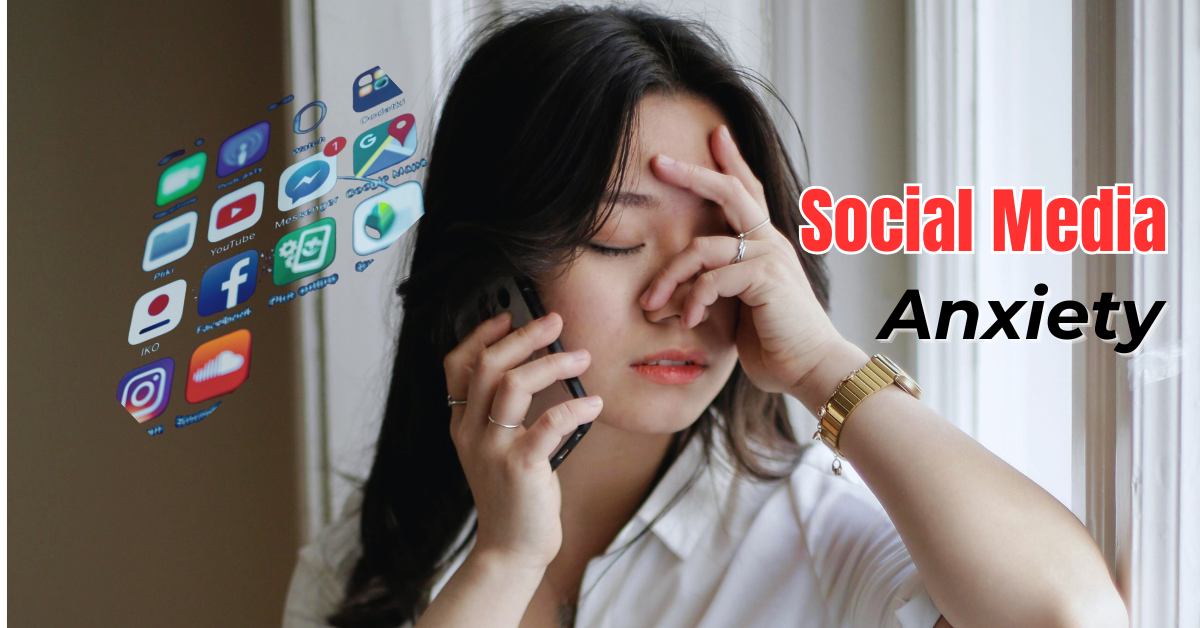
Ever felt anxious after scrolling through Instagram or TikTok, even though you were just “relaxing”? You’re not imagining it. That discomfort isn’t just in your head—it’s a growing mental health issue known as social media anxiety.
In today’s hyperconnected world, we’re constantly absorbing filtered realities, comparison culture, and digital noise. Over time, it starts affecting how we see ourselves and others. So how do we protect our minds in a world that never stops posting?
Let’s explore what social media anxiety really is, how it shows up in daily life, and seven smart, realistic ways to protect your mental health—without giving up technology completely.
What Is Social Media Anxiety?
Social media anxiety refers to the emotional stress or mental discomfort that arises from using social media platforms like Instagram, Facebook, TikTok, or X. Unlike general anxiety, which may stem from multiple sources, this one is closely tied to our digital behavior and online interactions.
Many people experiencing this form of anxiety feel:
- Overwhelmed by constant notifications
- Pressured to post, respond, or keep up
- Left out when not included in online trends
- Insecure after comparing themselves to others
- Stressed when a post doesn’t get enough likes or views
Even when we know it’s curated content, our brain often takes it personally. Why? Because social media taps into our basic human needs—validation, connection, and belonging. But when those needs are constantly challenged online, it creates emotional friction.
How Does Social Media Affect Mental Health?
Although social media has its benefits—staying in touch, building community, or accessing information—it also affects your emotional well-being in ways that sneak up on you.
Here’s how:
- Comparison traps: Constantly seeing “perfect” bodies, lives, or vacations can trigger self-doubt.
- Fear of missing out (FOMO): Seeing others socialize while you’re at home can heighten loneliness.
- Online validation: Relying on likes and comments for self-worth can create emotional instability.
- Information overload: Too much content (especially negative or shocking news) leads to stress and fatigue.
- Sleep disruption: Scrolling late into the night affects melatonin levels and increases anxiety.
“We compare our behind-the-scenes with everyone else’s highlight reel—and it’s exhausting.”
The good news? You don’t have to quit social media cold turkey. Instead, let’s look at how to use it more mindfully.
7 Ways to Protect Your Mental Health
1. Set Clear Boundaries to Protect Your Mental Health
The first step is setting healthy limits. Try designating specific times during the day for social media instead of using it constantly. Turn off non-essential notifications. Better yet, keep your phone out of reach during meals, bedtime, or work hours.
Create screen-free zones in your home—like the dining table or bedroom—to reduce emotional overload. When you define when, why, and how you use social platforms, you regain control over your digital experience—and that control lowers stress.
2. Identify Your Emotional Triggers Online
Ask yourself: What types of content make me feel drained, insecure, or irritated?
Maybe it’s fitness influencers or friends showing off perfect relationships. Once you identify emotional triggers, unfollow or mute accounts that consistently affect your peace of mind. You don’t owe your attention to anyone online.
Additionally, you can follow pages that promote healing, art, or humor. Cultivating a calming online environment is one of the most underrated self-care strategies.
3. Practice Mindful and Purposeful Scrolling
Instead of automatically opening Instagram or YouTube out of habit, pause and ask: What am I really looking for?
Are you bored, lonely, avoiding something? Setting an intention before scrolling—like learning, checking in with friends, or getting inspired—helps avoid emotional spirals. You might even start to schedule your screen time like you do with meals or sleep.
4. Take Regular Digital Detox Breaks
You don’t need to disappear from the internet forever. Even small detoxes can do wonders for your mind.
Try taking a break every Sunday, or start with 2 hours of offline time daily. During this period, avoid all digital communication and engage in slow, calming activities—like cooking, walking in nature, journaling, or doing absolutely nothing.
These breaks calm your nervous system, lower cortisol levels, and restore mental clarity. Over time, your body will start craving this stillness—and your mind will thank you.
“Disconnect to reconnect—with yourself.”
5. Replace Online Validation with Inner Confidence
We all crave recognition. But when your self-worth becomes dependent on how others react online, you’re in dangerous territory.
Instead of checking for likes, check in with yourself. What did you do well today? What are you proud of? This simple shift strengthens your self-trust.
You could even try writing private journals of your wins, maintaining a gratitude list, or saying affirmations aloud. These actions ground your identity internally instead of outsourcing it to strangers on the internet.
6. Use Tech Wisely to Reduce Tech-Related Stress
Technology isn’t the enemy—it’s how we use it.
Try these tools:
- Forest: Keeps you off your phone while growing a virtual tree
- Freedom: Blocks distracting websites
- Headspace or Calm: Offers short, calming sessions for anxiety
- Digital Wellbeing or Screen Time: Tracks how long you’ve been online and suggests breaks
Use these apps to train your mind to embrace focus, presence, and mental stillness.
7. Don’t Isolate—Reach Out When You Feel Low
When you’re drowning in social burnout, the instinct is often to isolate. But silence increases stress. Don’t hesitate to speak up.
Call a friend, text someone you trust, or schedule a therapy session. Human connection—real, raw, and offline—brings emotional balance. Even sharing your digital fatigue with someone can release the tension you’ve been carrying.
You don’t have to do this alone. The support you seek is closer than you think
Final Thoughts: Your Peace > Your Feed
Social media isn’t going anywhere. But your mental peace should never be the price you pay for staying “in the loop.”
By setting boundaries, understanding your emotional triggers, and curating a healthier digital environment, you can enjoy social media without letting it harm your mental health. Anxiety doesn’t have to be the cost of connection.
So the next time your thumb instinctively opens an app, pause. Ask yourself: Is this helping or hurting me right now? That one second of awareness can change everything.
“The more you disconnect from noise, the closer you come to clarity.”
